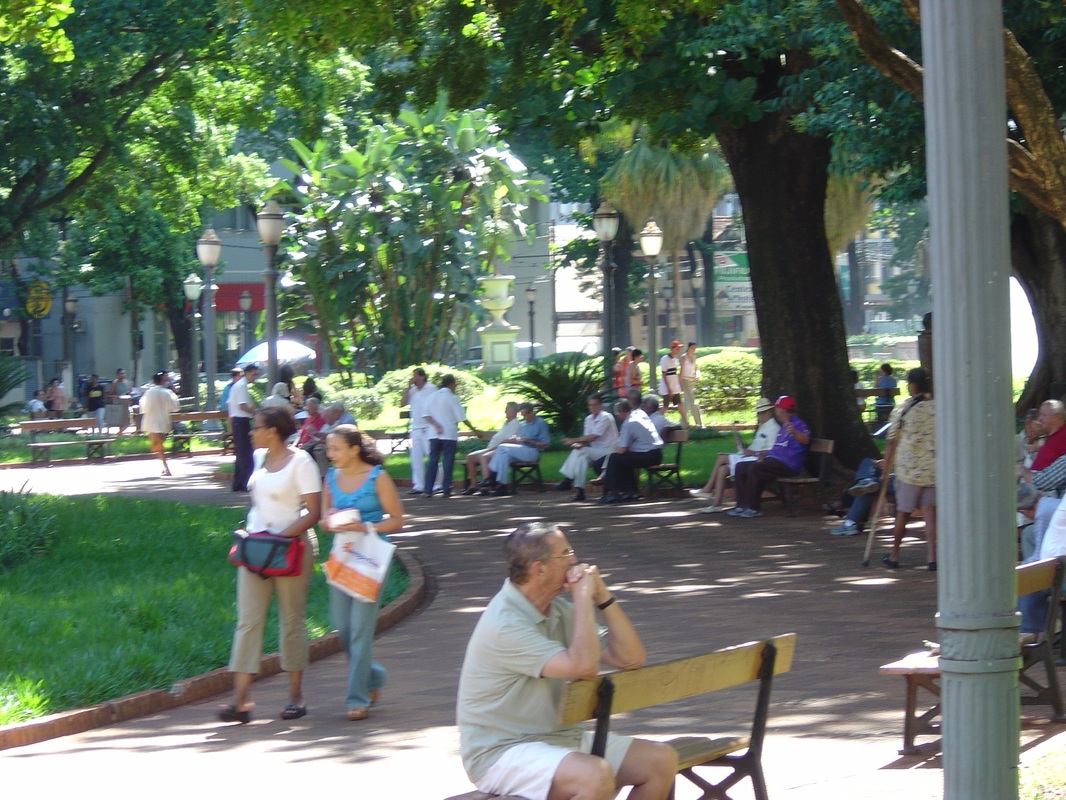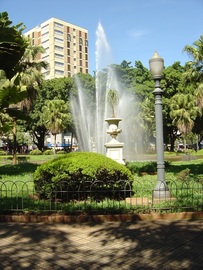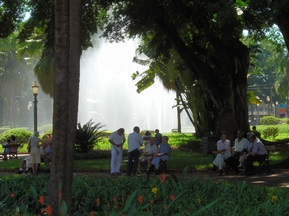Culture, the Individual, and Health
The fundamental question that has guided my research throughout my career is how culture, in the sense of our collective understanding of the world around us, is transformed into individual experience, and how that in turn influences our health. The relationship between culture and the individual is one that has vexed anthropologists since the founding of the discipline in the late 19th century. In the last 25 years, however, the convergence of theory and method in anthropology and cognitive science has provided a foundation for both resolving difficult conceptual issues and for collecting data that link culture to the individual and health.
In my own work, the development of the concept of “cultural consonance” has helped to clarify this area of research. Cultural consonance is the degree to which individuals, in their own beliefs and behaviors, approximate the prototypes for belief and behavior encoded in cultural models. Higher cultural consonance is associated with better health status (assessed psychologically, physiologically, immunologically, and morphologically). The concept of cultural consonance and the associated measurement model have also shed new light on some basic theoretical questions in anthropology regarding culture. Much of my work on this topic has been carried out in Ribeirão Preto, Brazil, in collaboration with Brazilian colleagues.
In my own work, the development of the concept of “cultural consonance” has helped to clarify this area of research. Cultural consonance is the degree to which individuals, in their own beliefs and behaviors, approximate the prototypes for belief and behavior encoded in cultural models. Higher cultural consonance is associated with better health status (assessed psychologically, physiologically, immunologically, and morphologically). The concept of cultural consonance and the associated measurement model have also shed new light on some basic theoretical questions in anthropology regarding culture. Much of my work on this topic has been carried out in Ribeirão Preto, Brazil, in collaboration with Brazilian colleagues.




